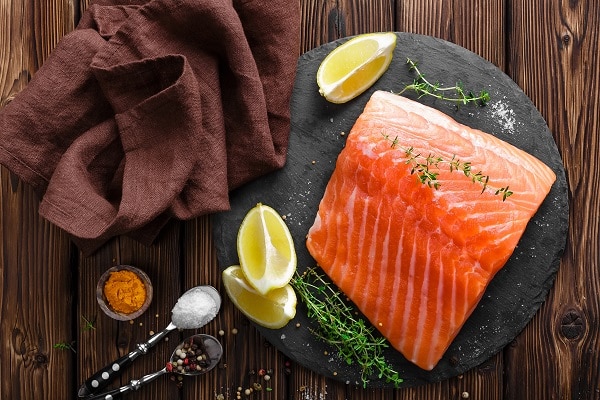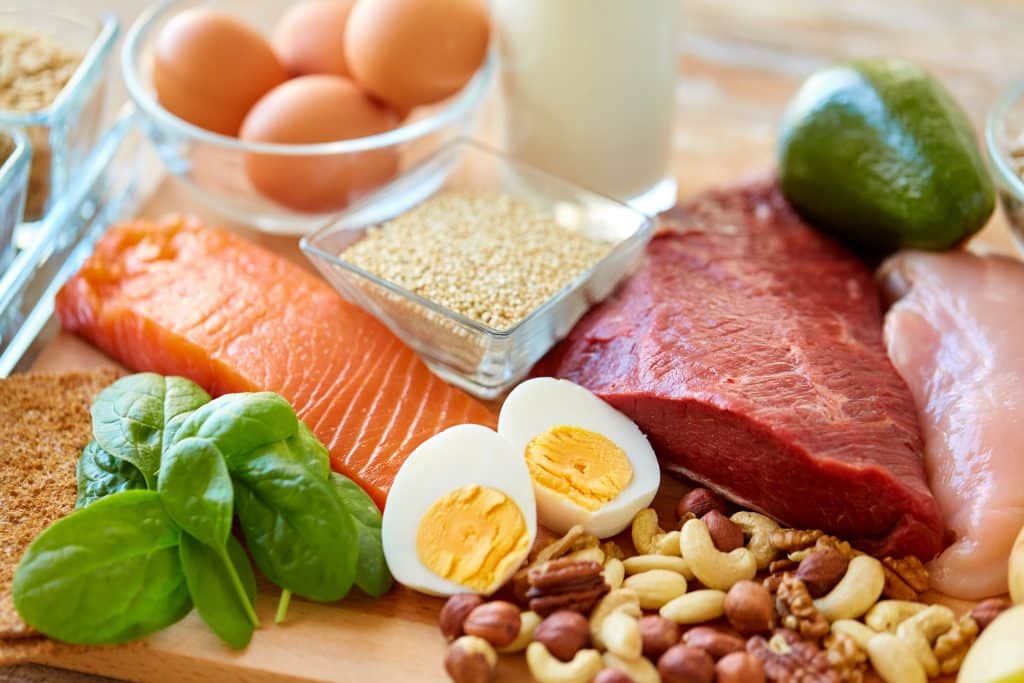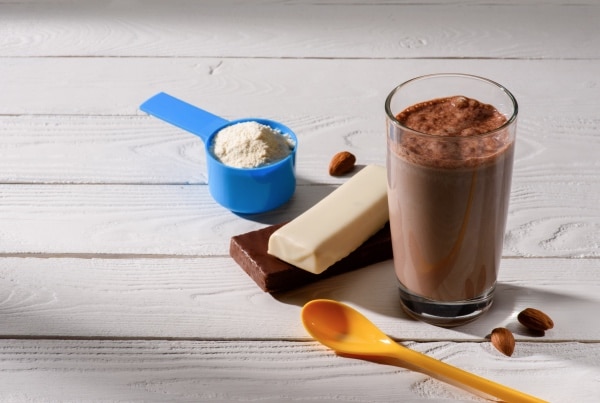Incorporating more protein into your diet is crucial for maintaining good health. Not only does protein play a vital role in building and repairing tissues in the body, but it also helps to support a healthy weight and immune function. However, many people need help to get enough protein in their diet, particularly if they follow a plant-based diet or have a busy lifestyle. This article will explore six practical ways to incorporate more protein into your diet, regardless of your lifestyle or personal preferences. By implementing these strategies, you can ensure that you meet your daily protein needs and support your overall health and well-being.
The Importance Of Protein In Any Diet

Protein is an essential nutrient that plays a crucial role in the growth and repair of your body’s tissues. Proteins are made up of amino acids, the building blocks of life. These amino acids build and repair muscle tissue, support the immune system, and synthesize hormones and enzymes. Including adequate amounts of protein in your diet is important, regardless of your age, gender, or fitness goals.
Eating protein-rich foods like eggs, lean meat, fish, beans, and nuts can help you stay full for longer periods of time and curb your cravings for junk food. A diet that lacks protein can lead to muscle loss, weakened immunity, and slower recovery from injuries. In short, protein is a vital nutrient that significantly impacts your overall health and well-being.
How To Incorporate More Protein Into Your Diet
It’s no secret that protein is an important part of any diet. But how do you make sure that you’re getting enough? Here are six strategies to help you get more protein in your daily meals:
Include Protein In Every Meal

Protein is an essential nutrient that our bodies need to function properly. Getting enough of it in our diets can be a struggle, but adding protein to each meal is a great way to ensure you meet your daily needs. Whether you’re a meat lover, plant-based eater, or somewhere in between, incorporating protein into your meals doesn’t have to be difficult.
Not only will protein keep you feeling fuller for longer, but it also helps maintain and repair muscle tissue. So, the next time you go to prepare a meal, remember to add a source of protein and make the most out of your plate! Including eggs, tofu, beans, poultry, or cottage cheese can help you reach your daily protein goals.
Snack On Protein-Rich Foods

In addition to including protein in every meal, choosing protein-rich snacks can also help you meet your daily protein needs. Some great options include almonds, hard-boiled eggs, jerky, or edamame.
Several snacks are rich in protein and good for on-the-go consumption. Almonds are a great source of healthy fats, fiber, and protein. Hard-boiled eggs are easy to carry and can provide a significant amount of protein. Jerky is a convenient protein source, but remember, it’s often high in sodium. Lastly, edamame is a delicious snack that can be enjoyed hot or cold and provides protein.
Swap Out Carbs For Protein

Another way to increase your protein intake is to swap out some of your carbohydrate-rich foods for protein-rich options. For example, try a chicken stir-fry with veggies instead of having a pasta dish. This can help you increase your protein intake while reducing carbohydrate consumption.
Similarly, consider using lettuce wraps or a low-carb tortilla instead of having a sandwich with bread. You can also try replacing white rice with quinoa or farro, which are high in protein and other nutrients.
Choose High-Protein Grains

Speaking of quinoa and farro, choosing high-protein grains is another great way to incorporate more protein into your diet. These grains are a great source of plant-based protein, fiber, and other important nutrients.
Quinoa, in particular, is a complete protein, meaning it contains all nine essential amino acids the body needs. Farro is also high in protein and has a nutty flavor that pairs well with various dishes. Other high-protein grains to consider include bulgur, freekeh, and amaranth.
Add Protein Powder To Smoothies

If you enjoy smoothies, adding a scoop of protein powder can easily increase your protein intake. Protein powder is available in various flavors and can be made from various protein sources, including whey, casein, soy, and pea protein.
When choosing a protein powder, look for one low in sugar and other additives. Some protein powders also contain additional nutrients, such as vitamins and minerals, which can be a nice bonus.
Consider Protein Supplements

Finally, consider taking a protein supplement if you have trouble meeting your protein needs through food alone. Protein supplements come in various forms, including powders, bars, and ready-to-drink shakes.
Some of the most popular protein supplements include whey protein, casein protein, and pea protein. Whey protein is a fast-digesting protein often used by athletes and bodybuilders to support muscle growth and recovery. Casein protein, however, is a slow-digesting protein that can sustain amino acid release over several hours. Pea protein is a plant-based protein that is a good option for those who are vegan or have allergies or sensitivities to other types of protein.
When choosing a protein supplement, it is important to consider the quality of the product. It is also important to consider the protein content per serving and the recommended dosage. Look for a supplement free from artificial ingredients, fillers, and additives.
Consult with a healthcare provider or registered dietitian before taking protein supplements, as they may not be appropriate for everyone. Excessive protein intake can sometimes strain the kidneys and other organs.
Incorporate More Protein Into Your Diet Today!
Incorporating more protein into your diet is important to maintaining good health. Not only does protein play a vital role in building and repairing tissues in the body, but it also helps to support a healthy weight and immune function.
There are many ways to increase your protein intake, including protein in every meal, snacking on protein-rich foods, swapping carbs for protein, choosing high-protein grains, adding protein powder to smoothies, and considering protein supplements. When incorporating more protein into your diet, choosing high-quality protein sources and paying attention to portion sizes are important.
Remember that the recommended daily protein intake varies depending on age, sex, weight, and activity level. Consult with a registered dietitian to determine your individual protein needs.


